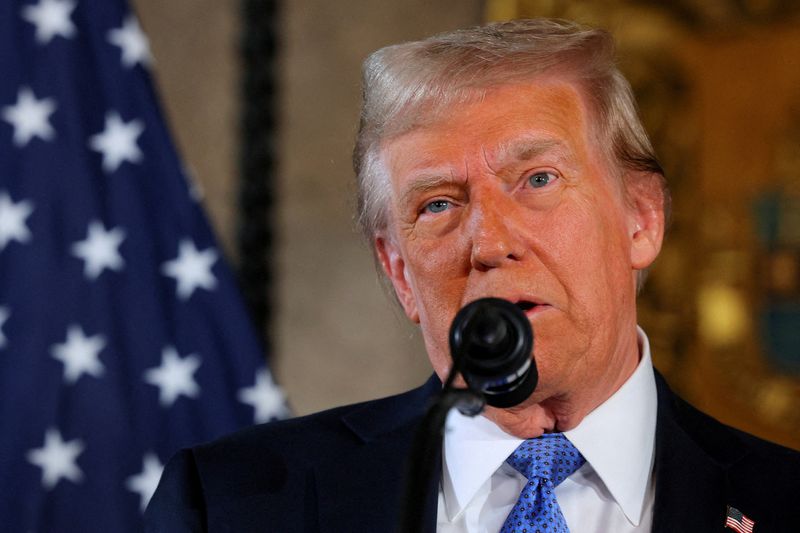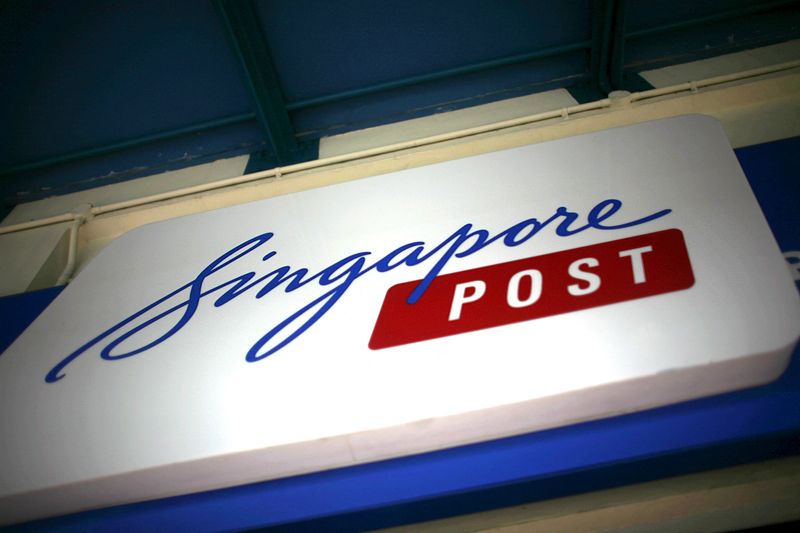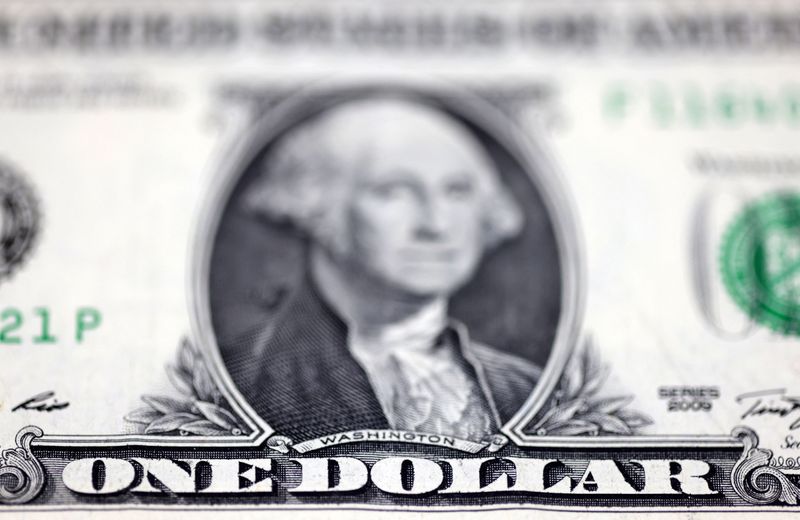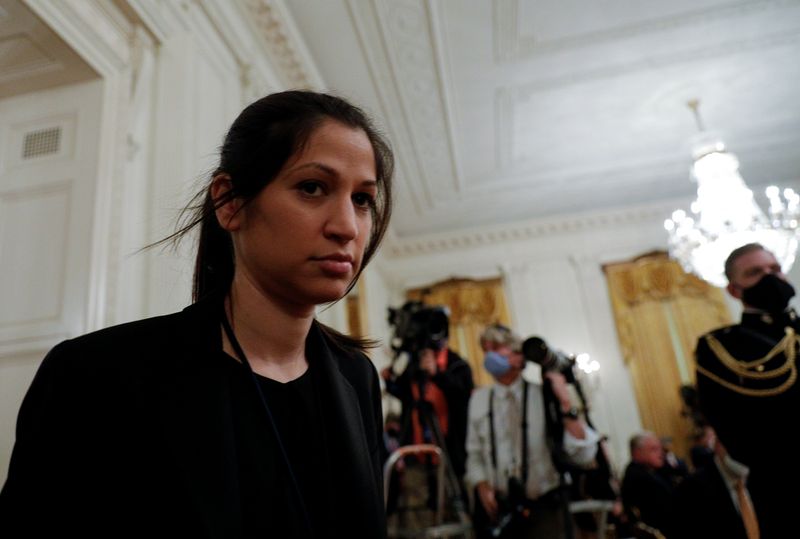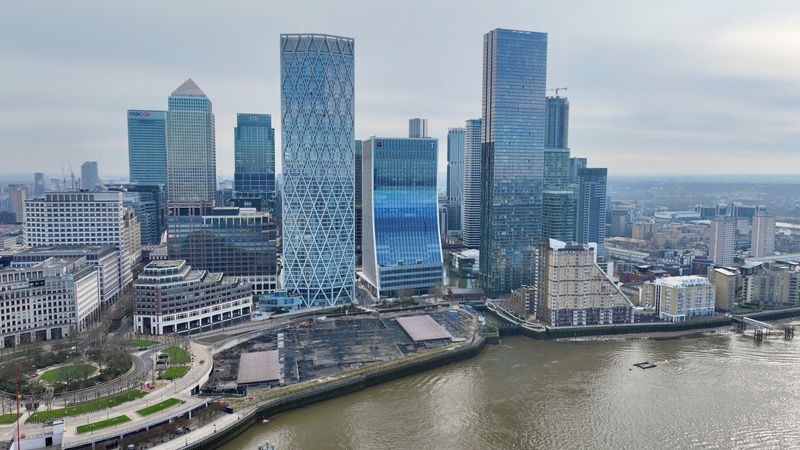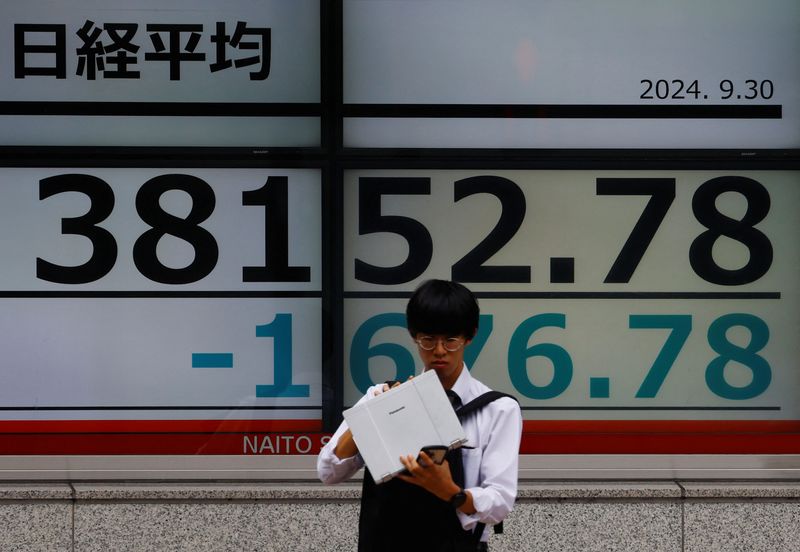LONDON (Reuters) – Volkswagen (ETR:VOWG_p) announced sweeping changes to its German operations, including more than 35,000 future job cuts and capacity reductions in a last-gasp deal between Europe’s top carmaker and unions on Friday to avert mass strikes.
Here are some reactions to the news:
GERMAN CHANCELLOR OLAF SCHOLZ:
“It’s good news that the company and trade unions have agreed on a good, socially acceptable solution today.”
“Despite all the hardships, it ensures that Volkswagen and its employees can look forward to a good future.
“It shows that Germany remains an attractive location for industry and an important country for the car industry.”
PORSCHE SE, VOLKSWAGEN’S TOP SHAREHOLDER:
“Porsche SE welcomes the agreement reached between the company and employee representatives. The agreed catalogue of measures makes a substantial contribution to a structural and sustainable reduction in costs.”
“The result of the negotiations will lead to a considerable improvement in Volkswagen’s competitiveness. This has created a solid basis for the necessary future investments at Volkswagen.
“The task now is to systematically implement the measures from the beginning of the year.”
ALEXANDER KRUEGER, CHIEF ECONOMIST AT HAUCK AUFHAEUSER LAMPE:
“At first glance, it looks like a compromise that both sides can more or less live with … Other companies are also pursuing job-cutting plans and VW seems to be just the beginning.
“Competitive price pressure will probably require further adjustments at a later date. All this activity shows how urgent it is for Germany to make a fresh start in terms of economic policy.”
MATTHIAS SCHMIDT, EUROPEAN AUTO MARKETS ANALYST:
“I think VW went into the discussions over-emphasising the measures they required in hoping to achieve a win-win for both sides where both could claim this as a win.
“35K job cuts on a demographic curve up to 2030 is likely not enough and over a too (long) time frame to address the current stagnation we are seeing across the European market.
“I would say the unions can take more from this than VW but realistically, because of the complicated structure of the company, this was probably the best they could have realistically hoped for.”
LOWER SAXONY STATE PREMIER STEPHAN WEIL:
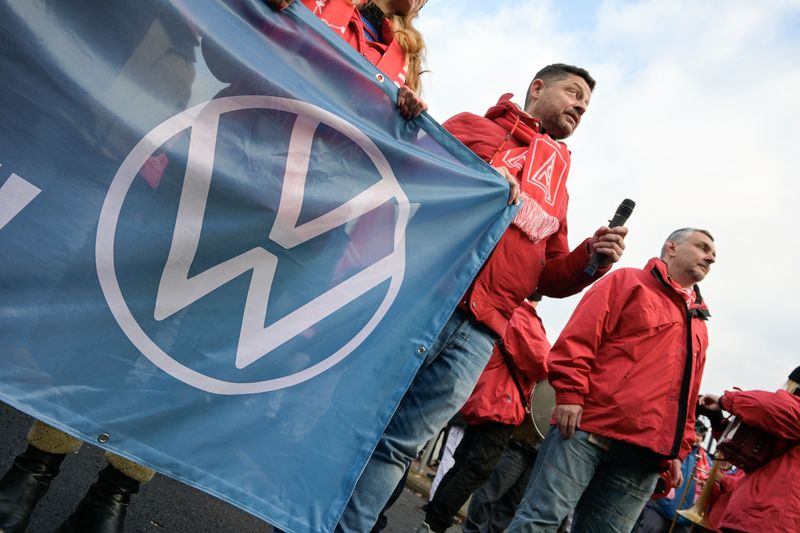
“The compromise that has been reached cannot be taken for granted, but has been hard-earned. It is now tied to clear prospects for Volkswagen in Germany and, above all, in Lower Saxony. This also applies with regard to future areas such as battery-cell production.
“The compromise was difficult for everyone involved, but it was urgently needed.”


